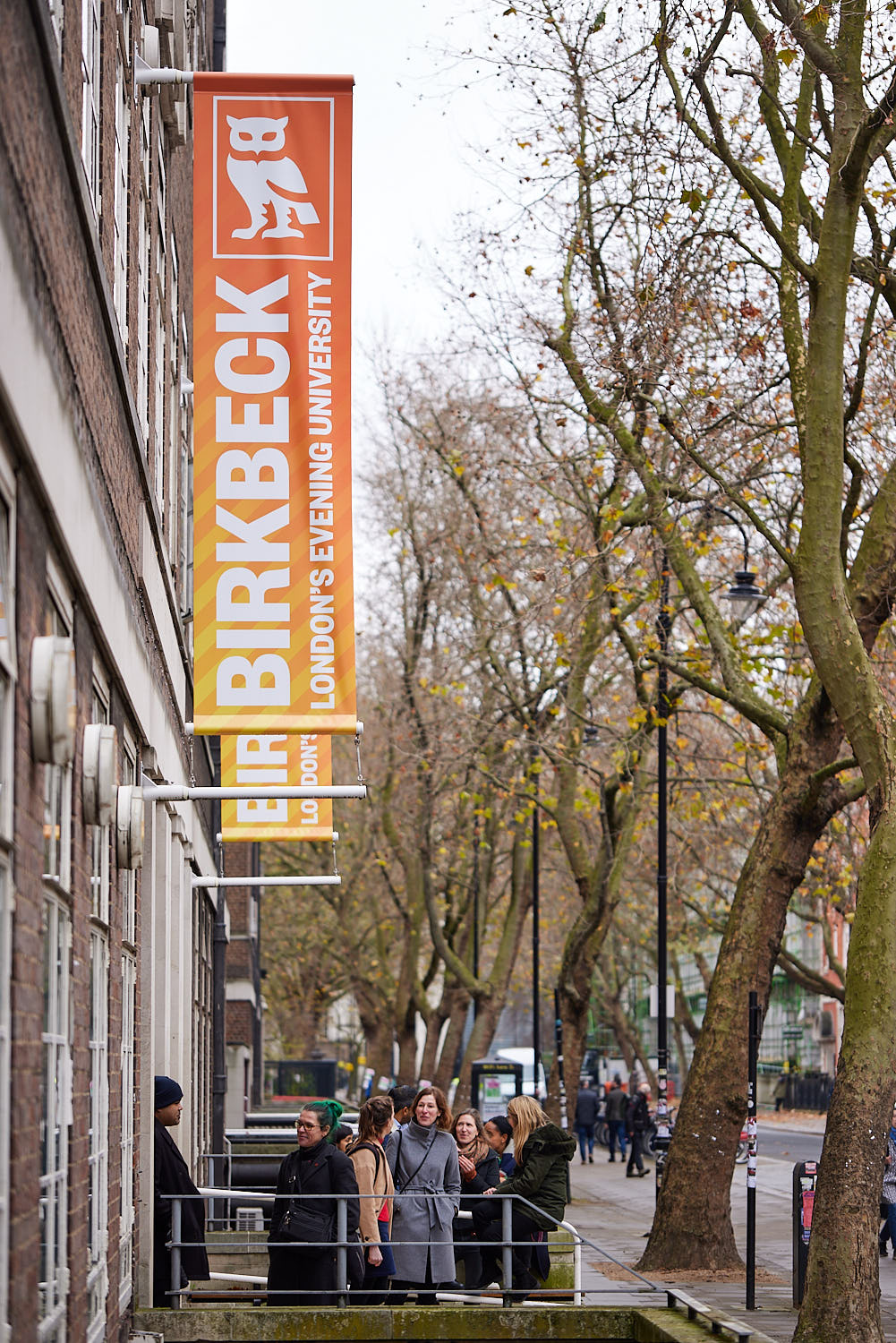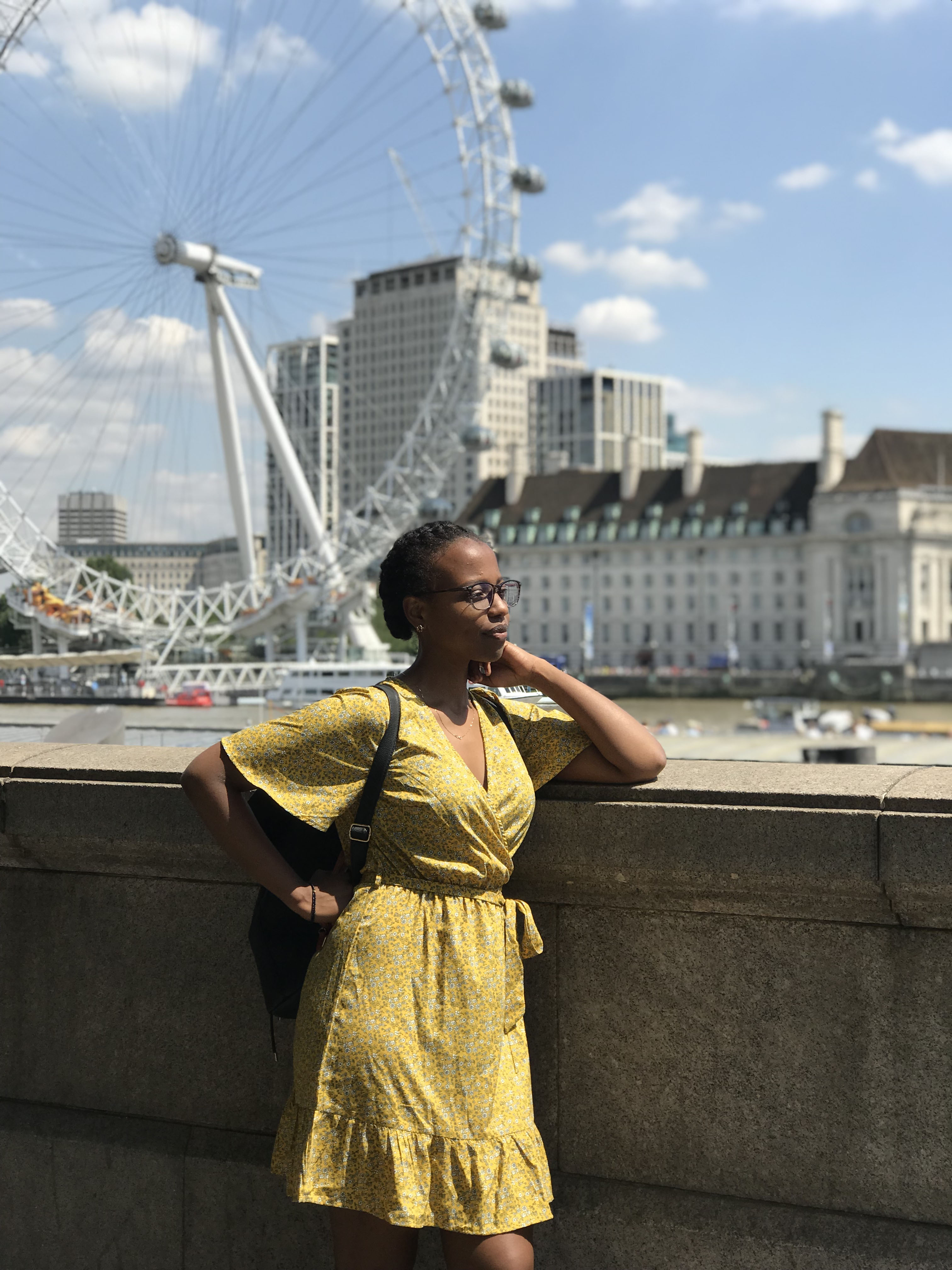Wojciech Zaluski, MSc International Marketing student, shares his experiences of his first term at Birkbeck, reflecting on how he’s found in-person lectures and what the most enjoyable aspects of his course have been so far.
My first term at Birkbeck was my first formal interaction with the British education system and my reappearance within formal learning – it’s been a long time since I finished my Master’s degree in Philosophy at the Jagiellonian University in Poland.
As 2021 was another year overshadowed by the COVID-19 pandemic, before the start of the term we were informed that we could choose whether we study in-person or join lectures and seminars online. I chose to study in-person, and as I am studying part time, my first term only had two modules and classes took place during the evenings, due to Birkbeck’s evening teaching model.
In my first term, I found having in-person lectures to be really stimulating; the lecturers are very approachable and engage us in conversations. Students are encouraged to talk to each other and share their insights, and because classes are very international with students from all walks of life, those conversations are especially interesting. I was able to share my thoughts and exchange my ideas with students from Japan, Brasilia, USA, Ukraine, and the UK.
In all our lectures, what we were learning was strongly focused on the state of culture and society now, so it all felt very relevant. We were asked to discuss articles that highlighted how the internet is shaping our society and economy and at the same time how COVID-19 is shaping the marketing strategies of big companies. My first module was in Strategic Marketing Management, and we were assigned a group project. I joined a group of students from the USA, England, and Portugal, and we worked together on developing a marketing strategy for Netflix. Grace, a fellow student from the USA, proposed we should focus on the needs and interests of Gen Z, the generation born between 1997 to 2012. That was very interesting for me as someone who represents Gen X/Millennials.
Everything relating to your studies is organised through an online system that allows students to choose their options, check their agenda, and access study materials. I have to say I was pleasantly surprised how well everything works and how easy it is to navigate the online platform. We can focus on our studies, but Birkbeck has additional options which also are accessible through your online student account. For example, you can sign up to the Library and access lots of books and articles online; you can use the Birkbeck Futures platform to build your professional career; you can join Pioneer, a programme for people looking to develop a new business.
Each class that you have has a recorded version of the lecture available online, which is really helpful as it means you can listen to lectures more than once – I often revisit parts of lectures until I fully understand the concepts being discussed. There is also a reading list, which means you know what to read to understand the topics and you can be prepared when joining live seminar discussions.
Every week, students receive a general newsletter of what is happening at Birkbeck, and it is a wonderful source of information to learn what Birkbeck has to offer outside your studies. You can learn about job fairs, activities organised by the Birkbeck Students’ Union, and interesting things that are going on.
In summary, going into my second term, I feel energised and inspired to explore the subjects on my own. I am looking forward to learning more and getting a better understanding of modern marketing. I am also looking forward to meeting other students again, and I feel that in the second term we will feel more at ease and more open to sharing our ideas.
Further information






